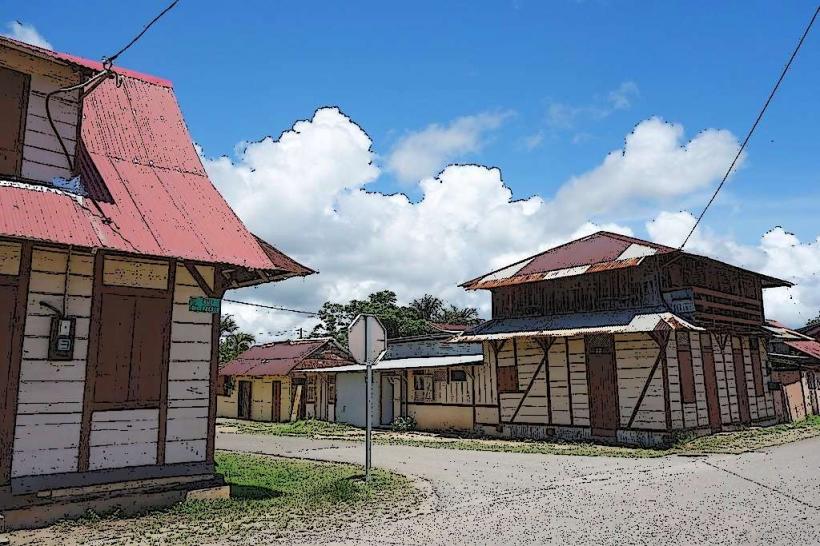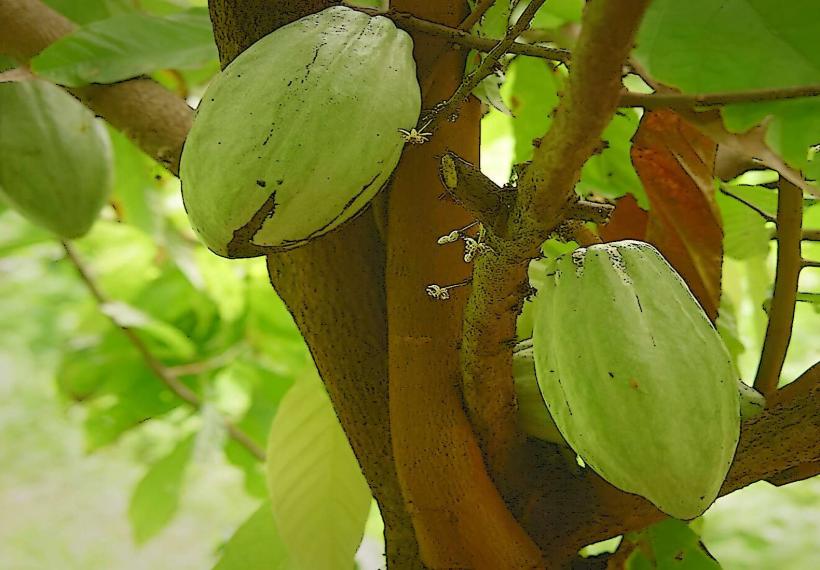Information
Landmark: Iracoubo ChurchCity: Iracoubo
Country: French Guiana
Continent: South America
The Iracoubo Church (Église Saint-Jean-Baptiste d'Iracoubo) is a significant historical and cultural landmark located in the village of Iracoubo, which is in French Guiana, a French overseas department in South America. This church, dedicated to Saint John the Baptist, holds both religious and architectural importance in the region.
History and Significance
The Iracoubo Church was originally built in the 18th century, during the colonial era. French Guiana was then a French colony, and the construction of churches like this one reflected the Catholic influence on the region. It served as a central place of worship for the local population, which at that time included both settlers and indigenous people, and later became a part of the broader cultural and social landscape of the area.
Over the years, the church has undergone several modifications and restorations, particularly after suffering damages from tropical weather conditions, including heavy rains and storms. Despite these challenges, the church remains an important center of religious life for the community in Iracoubo.
Architecture
The Iracoubo Church is notable for its colonial-era architecture, which is characteristic of the region’s ecclesiastical structures. The church features a simple yet elegant design with influences from both French and Caribbean styles. It is built using materials available locally, such as wood, which is typical for buildings in the tropical environment of French Guiana.
The wooden structure of the church is supported by strong beams and columns, designed to withstand the humid, rainy climate of the region. The exterior of the building is often painted in vibrant colors, reflecting the local culture and the region's strong Caribbean and South American influences. The church’s bell tower, one of its defining features, stands as a focal point in the village, helping to guide people from across the surrounding areas.
Inside, the church features simple but beautiful religious artwork, including altars, paintings, and statues that reflect the Catholic faith. The altar is typically adorned with candles, and the walls may have depictions of saints or biblical scenes, which are important for the religious practices of the community.
Cultural Role
The Iracoubo Church is an important place of worship for the local Catholic population. It hosts regular Mass services, especially for holidays and religious celebrations such as Christmas and Easter. These occasions draw people from nearby towns and villages, creating a sense of unity and cultural cohesion within the community.
Beyond its religious function, the church is also a cultural hub in Iracoubo. It is often involved in local events and celebrations, including processions and festivals, which play a central role in the social life of the region. The church’s location in a rural and remote area of French Guiana means it also acts as a symbol of perseverance and community spirit.
Preservation and Modern-Day Relevance
As with many historic buildings in French Guiana, the Iracoubo Church faces challenges related to maintenance and preservation, especially given the region’s tropical climate. Efforts are made to preserve the church’s historical and architectural integrity, ensuring it remains a vibrant part of the community’s identity.
The church also contributes to the region’s cultural tourism, as visitors interested in the history of French Guiana often visit historical sites like the Iracoubo Church. Its location offers a peaceful and scenic environment, which contrasts with the urban areas of the department.
Conclusion
The Iracoubo Church is more than just a place of worship; it is an integral part of the local culture and history of French Guiana. With its colonial architecture, religious significance, and role in community life, it stands as a testament to the region’s colonial past and the enduring strength of its Catholic faith. Today, the church continues to be a beacon of cultural and spiritual life for the people of Iracoubo.








